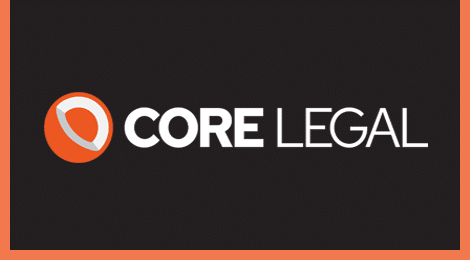Placing your company shares in a trust is a strategy often recommended to business owners and company directors who want to protect their personal assets. At Core Legal, serving clients throughout Masterton, Wellington, and the Wairarapa, we frequently advise clients considering this structure. But how risky is it really—and could placing shares in the same trust as your family home create unintended consequences?
🛡️ Why Use a Trust for Asset Protection?
One of the primary reasons people establish a family trust is to shield personal assets from business risks—especially when taking on the responsibilities of a company director.
Directors face significant personal liability if they breach their legal duties under the Companies Act 1993. If the company becomes insolvent or is sued, a director’s personal assets (like the family home) may be at risk—unless steps have been taken to separate ownership.
By transferring personal assets to a trust, the individual no longer owns them legally. Instead, the trustees hold legal title, and the beneficiaries enjoy beneficial ownership. This separation of ownership provides a layer of protection from potential creditor claims.
Unlike directors, shareholders aren’t responsible for the day-to-day running of a business and are generally not personally liable for company debts. Their liability is usually limited to any unpaid share capital—often a small, nominal amount.
Still, there can be benefits to holding shares in a trust, including:
-
Asset protection, particularly in blended families or second marriages.
-
Succession planning, allowing shares to pass smoothly to beneficiaries.
-
Tax advantages, such as distributing dividend income among multiple beneficiaries, potentially reducing overall tax liability.
Some people worry that putting company shares into the same trust that holds their home or other personal assets might expose everything to business-related risks. However, this is largely a misconception. Since shareholders aren’t liable for company debts, there’s typically no increased risk to the trust’s other assets—unless the trust itself becomes entangled in guarantees or other obligations.
🧭 Should You Use a Trust for Your Shares?
If you’re starting a business, becoming a shareholder, or accepting a directorship, now is the time to consider whether a trust structure is right for you. The right structure depends on:
-
Your current asset holdings
-
The nature and risk profile of the business
-
Your long-term goals for wealth, family, and succession planning
At Core Legal, we provide clear, strategic legal advice to help you protect what matters most. Our fixed-fee Initial Consultations make it easy to explore your options without pressure or uncertainty.
Ready to safeguard your future as a business owner or director? Contact Core Legal in Masterton or Wellington to get tailored advice on whether placing your company shares in a trust is the right move for you.


